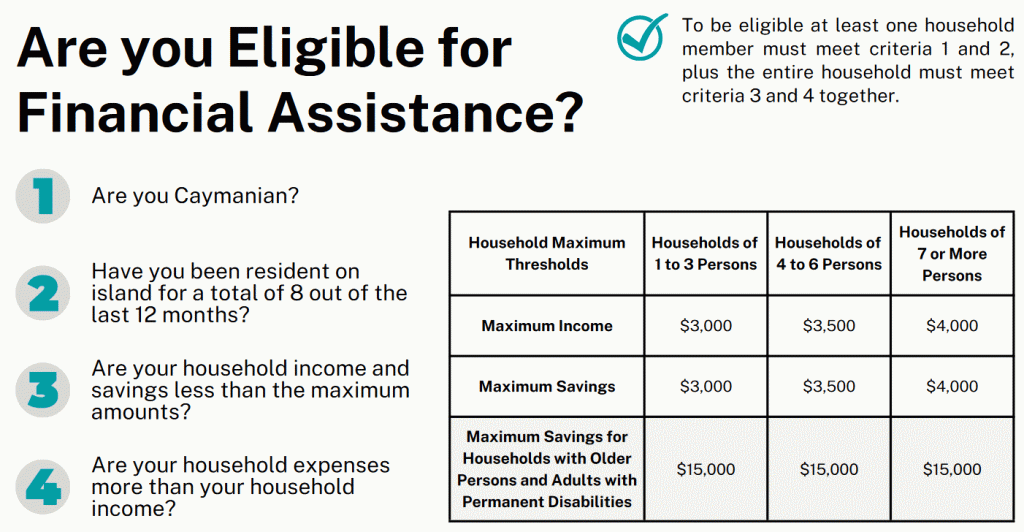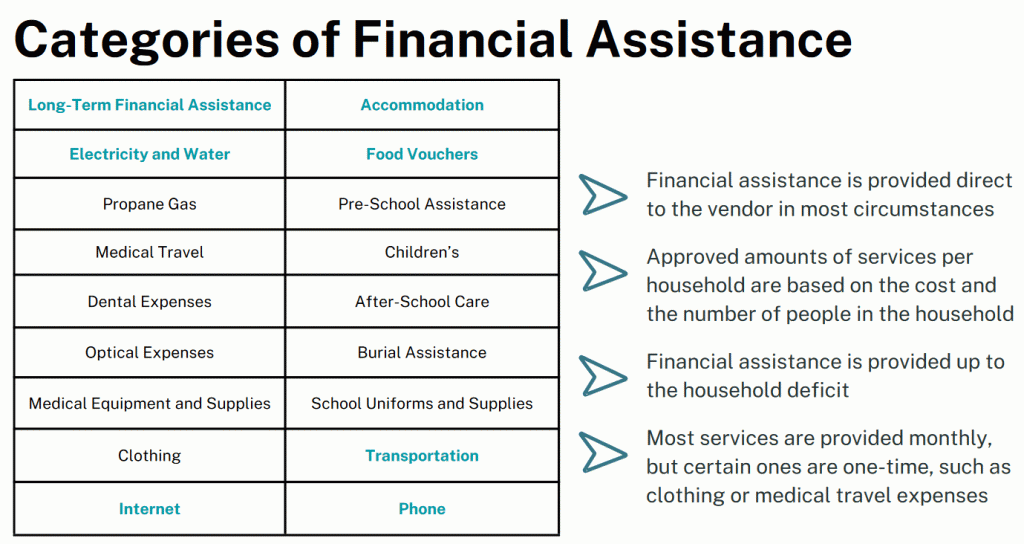[ad_1]

(CNS): The Cayman Islands Government is preparing for the implementation of new laws governing welfare support next month, including the transition of the Needs Assessment Unit into the Department of Financial Assistance. However, Social Development Minister André Ebanks has warned that it will take time for the changes to have an impact and it “won’t be easy”. Nevertheless, they “must be done”.
Initially, the focus will be on those receiving assistance who are deemed able-bodied — about one-third of the current NAU clients — who, in future, will have conditions attached to their benefits.
Speaking to the local press Monday evening ahead of a community meeting in his West Bay constituency, Ebanks said he wants to create a more transparent welfare system where the criteria are clear and applications are assessed using technology. This will remove political connections to welfare distribution and ensure a fair, uniform system not subject to human bias, he said.
While the minister warned it might take time to get things right, he said it was time to start the rollout of the new system. As the new department collects more data and learns more about the complex needs of those families receiving welfare, it is expected that things will gradually improve.
“The current system is not working well enough for anybody,” Ebanks said as he stressed the need to transition to the new system and commence the new legislation.
He outlined the goals of this long-awaited overhaul some six decades after the last changes to the poorly named Poor Relief Law and stressed that only resident Caymanians are entitled to receive financial assistance, which is established in the law.
Since the new law was passed one year ago, ministry officials have been drafting the regulations and reshaping the NAU to create a department that will help those who are able to work to join, or rejoin, the workforce by removing barriers and providing practical support, such as childcare, transport and access to technology.
But in turn, this group of indigent people, many of whom are vulnerable, struggling with complex needs, trauma, mental health problems, learning difficulties and other challenges, will now be required to contribute to the community in exchange for the CI$1,250 per month that they receive.
Ebanks said that payments will not stop for anyone who has been cleared to receive long-term assistance, but when their annual review is due, the new laws and regulations will take effect. Currently, around 1,500 families receive some form of long-term support from the NAU. The most significant impact for able-bodied recipients is that they will be required to do something for the cash they get from the government.
Younger, healthier recipients will be helped into training, education, internship, apprenticeships or volunteering to help them move towards finding work and, ultimately, off government assistance and into self-sufficiency. This won’t happen overnight, officials said, so welfare recipients will still be assisted, but with the conditions. If they fail to meet them, eventually, their payments will be stopped.
The definition of households is also changing, allowing multi-generational families living together to apply separately. This will impact all those receiving assistance, including the disabled and the elderly, and means that elderly parents living with working family members or single parents living with working grandparents will no longer be judged on the whole family’s income.
The government is also introducing additional payments to cover accommodation, including one-off rental deposits to help people find a home, and people can apply for help with mortgages in some instances. The new regime has been designed to meet the immediate needs of everyone who finds themselves falling on hard times but also to transition people into an independent life, officials explained.
There is also a new one-month emergency payment that can go immediately to applicants who face domestic violence, a disaster, significant risk of harm or are in need of urgent aid. But Ebanks said that going to government for help should be the last resort for those who are capable of working.
For the elderly and disabled, whose conditions are unlikely to change, there will be less need to keep proving their circumstances. However, elderly people with significant savings, not including equity in their homes, will not receive assistance until those savings are consumed.
“We have to be able to take care of those in need now, in the first instance,” Ebanks said, adding that people who have savings will, of course, eventually become indigent, but giving public cash to those who have money in the bank when others have nothing at all is not a fair deal for public resources.
The bulk of the welfare budget, which is expected to begin at around CI$15 million next year, will still go to the elderly and disabled, but Ebanks said it was important for people to understand that financial assistance is not a pension and the problem of inadequate pensions is an area that government will need to tackle separately.
Active pensioners or those with only limited disabilities who receive support and would like to work can also seek help from the new department to find placements or take up voluntary work if they choose. However, it is very unlikely there will be any conditions attached to their monthly payments or other help they may receive.
See the information charts supplied by the ministry below:


[ad_2]
Source link

